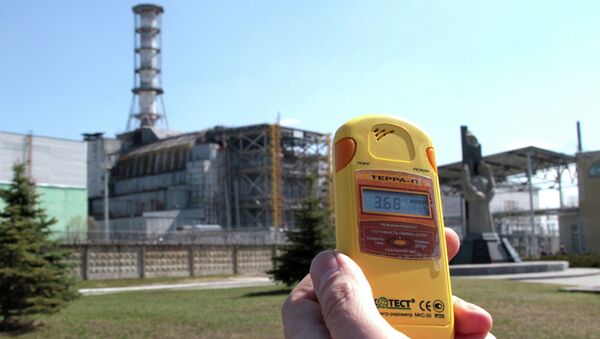MOSCOW, April 28 (RIA Novosti) – Birds in regions impacted by radiation from the Chernobyl disaster are adapting to ionizing radiation exposure and might even benefit from it, a new study published in the British Ecological Society's journal Functional Ecology has revealed.
“The overall pattern indicates that birds are not negatively affected by chronic exposure to radiation and may even obtain beneficial hormetic effects following an adaptive response,” the study says.
“Previous studies of wildlife at Chernobyl showed that chronic radiation exposure depleted antioxidants and increased oxidative damage. We found the opposite – that antioxidant levels increased and oxidative stress decreased with increasing background radiation,” the author of the study Dr Ismael Galván said.
According to the study, birds have the capacity to adapt to chronic exposure to low-dose ionizing radiation, though this capacity varies across species.
The scientists found a pattern completely different from previous studies in wild populations. The study is also the first evidence of adaptation to ionizing radiation in wild animals.
On April 26, 1986, a nuclear reactor exploded at the Chernobyl power plant, affecting the lives of millions of people. A vast area estimated at 50 thousand square kilometers, mainly in the three then-Soviet republics of Ukraine, Belarus and Russia was contaminated by the fallout from the critical nuclear meltdown. Some 200,000 people were relocated after the accident.

